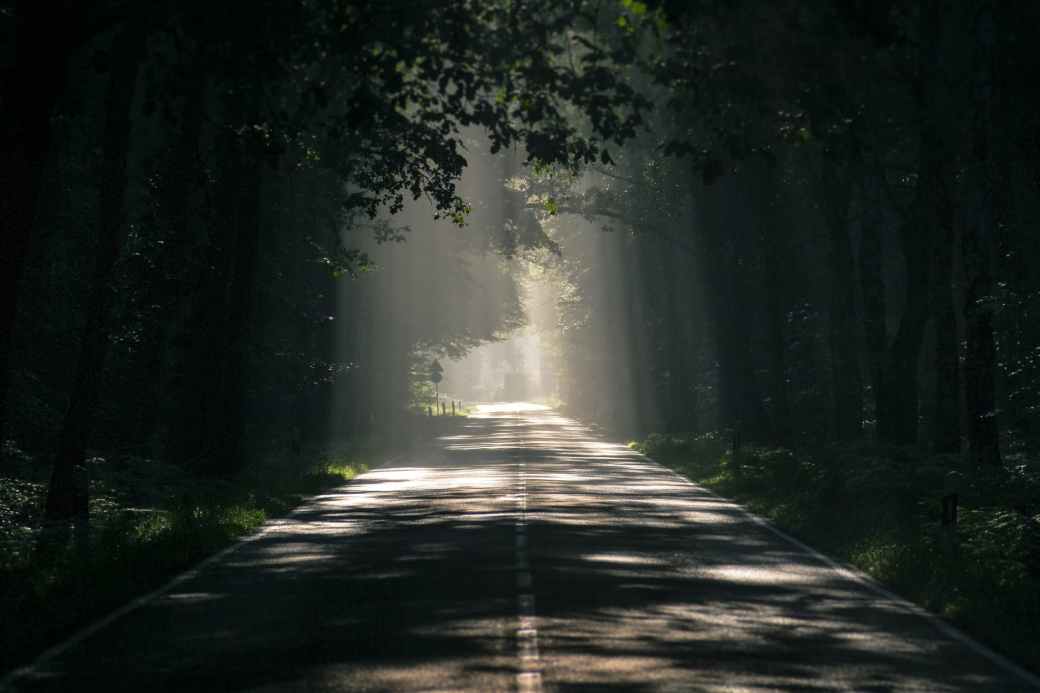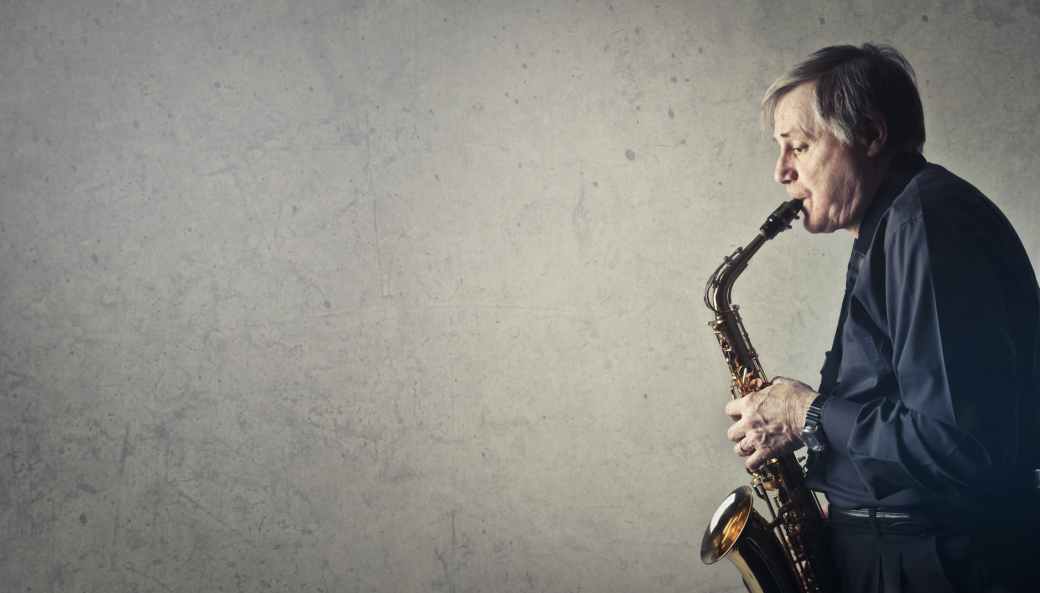
Photo by Pixabay on Pexels.com
During our recent trip to County Mayo we listened to Stephen Fry reading ‘Harry Potter and the Philosopher’s Stone’. When we discussed this with my family we talked about the way that the books became gradually darker – even though the first book has its share of darker moments. This made me think of the current trend towards the dark. Venerable comic book heroes now appear in ‘graphic novels’ in often markedly darker incarnations. Every television drama, film and soap opera has to carry its requisite ‘darker’ themes (even though my family recommend both ‘Killing Eve’ and ‘Luther’ I have still not managed to watch either of them!) – it seems as though the dark is a ‘comfortable’ place to be for a great deal of what passes for popular entertainment.
Don’t get me wrong, I am alive to the fact of a lot of this being ‘fiction’, but fiction, like any creative endeavour is a reflection of contemporary times. Although the jury is out as to whether life mirrors art or vice versa it is true that the world seems to have become a darker, more violent place where many seem to reach for violence as the way of solving the simplest of problems. Yet darkness is important, imagine trying to get proper rest without the night falling! Without the dark we might never recognise the light, and in literature darkness and light often exist in a uneasy tension and many great works of literature (including the Bible) feature a journey from darkness to light and these words are often used to illustrate an inner, spiritual journey as much as a physical journey towards the dawn. Maybe, in a sense, all journeys, either inner or outer, begin in the dark of ignorance as we learn new things as we go. I heard the novelist Salman Rushdie describing the novel as “a journey towards the truth”, and it struck me that that comment could be glossed to suggest that literature is a journey towards light, the light of understanding and the broadening of experience. But there is a cost to this process, be it Christian’s journey to the Celestial City in Bunyan’s ‘Pilgrim’s Progress’, or Jacob’s wrestling with the mysterious stranger by the ford of Jabbok in Genesis, or the odyssey of the two policemen Rustin Cole and Martin Hart in the first season of ‘True Detective’. Everyone has to contend with darkness and, if necessary fight against it, as Bruce Cockburn put it in his song ‘Lovers in a Dangerous Time’; “you have to kick at the darkness until it bleeds light”.
As a person of faith I often find myself lamenting the way that the church itself has been as agent of darkness, wilfully enforcing ignorance and blind faith in contrast to the light of understanding and rationality. But like much in life this is not the whole picture – in its better moments the church has also stood up against darkness and ignorance and brought light into some very dark places. It is a shame that so often we forget that other story where we are told that the light came into the world and the dark could not over come it, or, in some translations, understand it.
